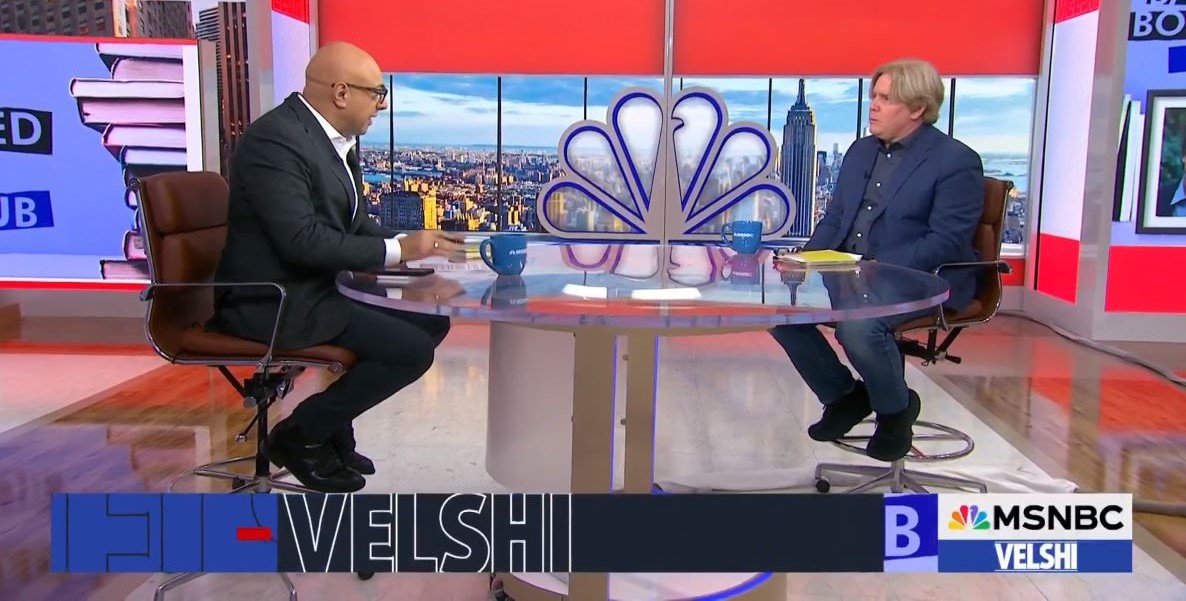The paradox of The Perks of Being a Wallflower emerges from the juxtaposition of the dark subject matter and the hopeful euphoria readers cherish for years after they’ve finished the book. While Ali Velshi and author Stephen Chbosky reminisce on the music and 90s references from the classic novel, they must address the dangerous practice of banning this book from access by the young people for whom the story is explicitly told.
The Perks of Being a Wallflower is a story about teenage anguish, death, pressure to conform and the generational toll of sexual abuse. What carries the weight of the story is friendship, and the poignant characters readers can see themselves in as they move from childhood to adulthood through the gauntlet of adolescence.
Despite its firm presence in the 90s, the novel feels universal 25 years later. “To me, it’s all about the next kid,” says Chbosky. “It literally is a matter of life and death and to take it that seriously.” To illustrate how important it is that young people read stories of others just like them going through the same experiences, he reads some of a young woman’s heartfelt letter:
Reading The Perks of Being a Wallflower gave me a reason to not kill myself. It made me think about everything. My favorite part was the last page, about being alive in the tunnel. It made me realize that there was a goal for me. I’d always gone through life as if I were sleeping, but my goal is to find that moment where I feel like I’m actually living. So really what I’m trying to say is: Thank you, for creating such a wonderful book. Thank you for giving me a reason and a goal to keep going.
Listen to Velshi and Chbosky on The Perks of Being a Wallflower‘s timeless impact:
Watch Velshi’s interview with Chbosky:
Velshi on banned books on MSNBC:
![]() MORE ON BANNED BOOKS FROM THE CITIZEN
MORE ON BANNED BOOKS FROM THE CITIZEN
Velshi and Stephen Chbosky on The Perks of Being a Wallflower's impact.




